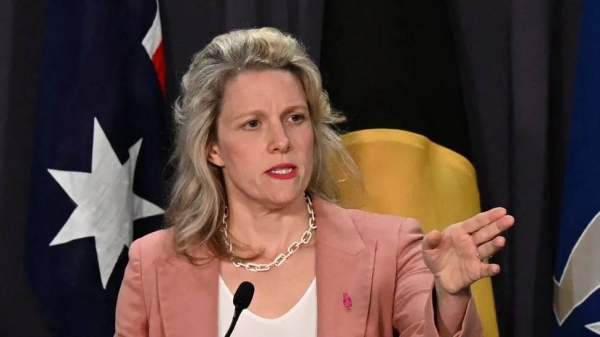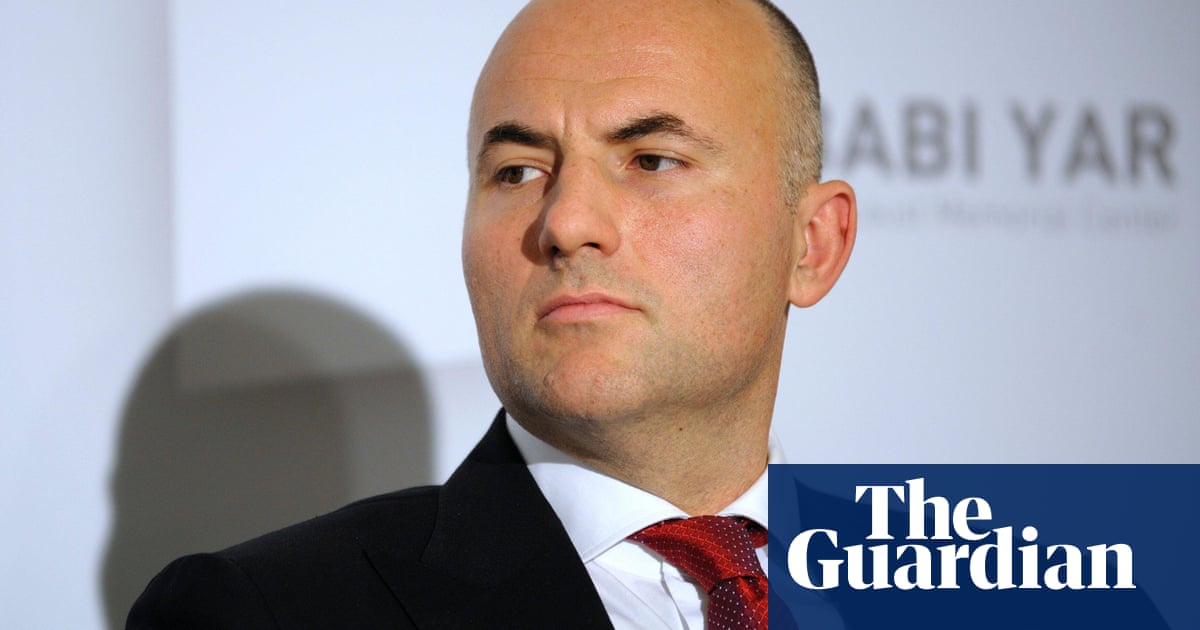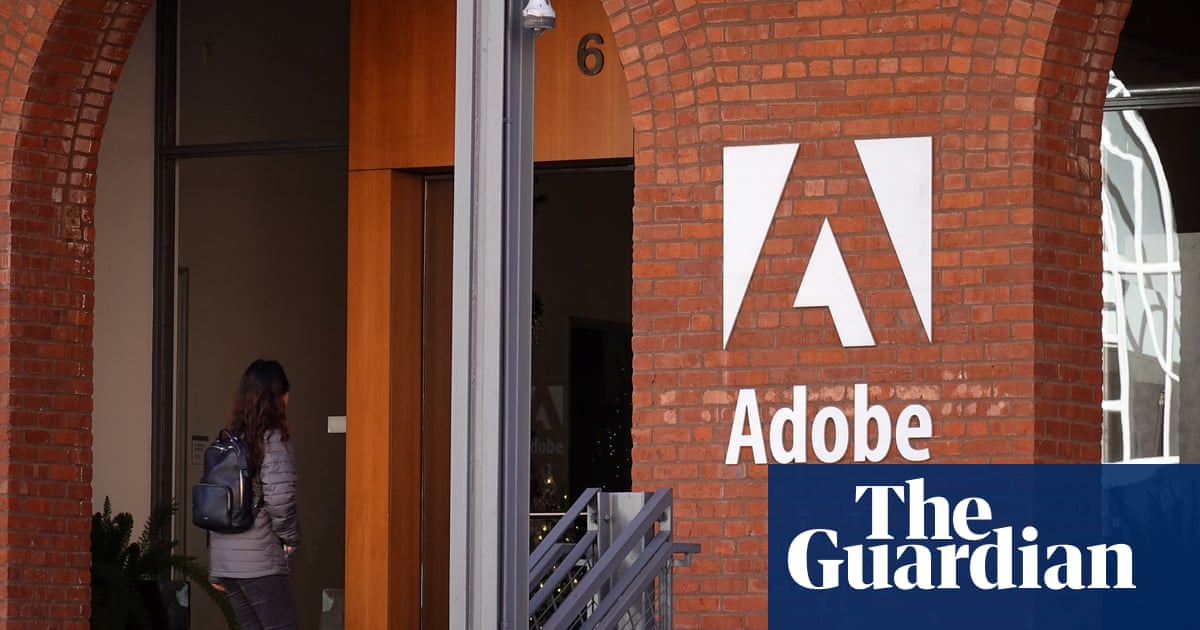
The “golden visa” system that allows wealthy foreign investors a fast track to live in the UK has been axed amid concern about applicants acquiring their wealth illegally and the growing strain on diplomatic relations with Russia.
The home secretary, Priti Patel, announced that the scheme would end with immediate effect to help to stop “corrupt elites who threaten our national security and push dirty money around our cities”.
Launched in 2008, the “tier 1 investor visa” programme allowed people with at least £2m in investment funds and a UK bank account to apply for residency rights, along with their family. The speed with which applicants were allowed to get indefinite leave to remain was hastened by how much money they planned to invest in the UK: £2m took five years, while £10m shortened the wait to just two.
The scheme had been under review for some time, and its opponents were planning to push for the visas to be suspended through an amendment to the nationality and borders bill in the House of Lords, due to be debated later this month.
According to the anti-corruption watchdog Spotlight, 6,312 golden visas – half the number of all those issued – had been reviewed for “possible national security risks”.
Patel said she had “zero tolerance for abuse of our immigration system” and that the move was part of a “renewed crackdown on fraud and illicit finance”.
Investors will instead be encouraged to apply for an “innovator” visa and must demonstrate “an investment strategy that can show genuine job creation and other tangible economic impacts” rather than passively holding UK-based investments.
Pressure remains on Patel to publish a report into the golden visa system that reviewed those handed out between June 2008 and April 2015 to about 3,000 successful applicants, including 700 millionaire Russians.
For the past seven months, the government has said it is finalising the report. On Thursday, the Home Office would only commit to publishing it “in due course”.
The Labour MP Chris Bryant, a member of the foreign affairs select committee, said ministers were “playing catch up with their own Russia policy”. He noted that the committee produced a report four years ago – endorsed by Patel, given she was a backbench member of it – which said ministers were risking national security by “turning a blind eye” to Russian “dirty money” flowing through the City of London.
Bryant told the Guardian that Patel had taken “no action since” and had instead been “doling out gold-plated invitation cards” to some people he feared had come to the UK to launder their money.
He urged the Conservative party to reveal how many donors had been given the golden visa, and called for further action such as toughening up unexplained wealth orders, bringing in a register of beneficial owners of foreign companies, and pressing ahead with a long-promised economic crimes bill.
Parliament’s intelligence and security committee also recommended in its Russia report published in July 2020 that there should be an “overhaul” of the golden visa programme to enable a “more robust approach to the approval process”.
With Russia accused by the head of Nato as well as the UK and US governments of sending more troops to its border with Ukraine while pretending to be withdrawing, the move will also likely be seen as a diplomatic snub of Moscow.
James Heappey, the UK’s armed forces minister, conceded: “As we enter into what could be a generation or longer of quite acute competition with Russia, all of the things that have become normal in Anglo-Russian relations over the last 30 years will be up for review.”
The Liberal Democrats’ foreign affairs spokesperson, Layla Moran, said that “shutting the door to Putin’s cronies” was not enough as too many had already “walked through it with virtually no questions asked”.
She added: “It makes a mockery of their promises to stand up to Putin’s aggression, when they are doing nothing to stop his cronies who are right now stashing their dirty money on our shores and claiming UK citizenship.”












